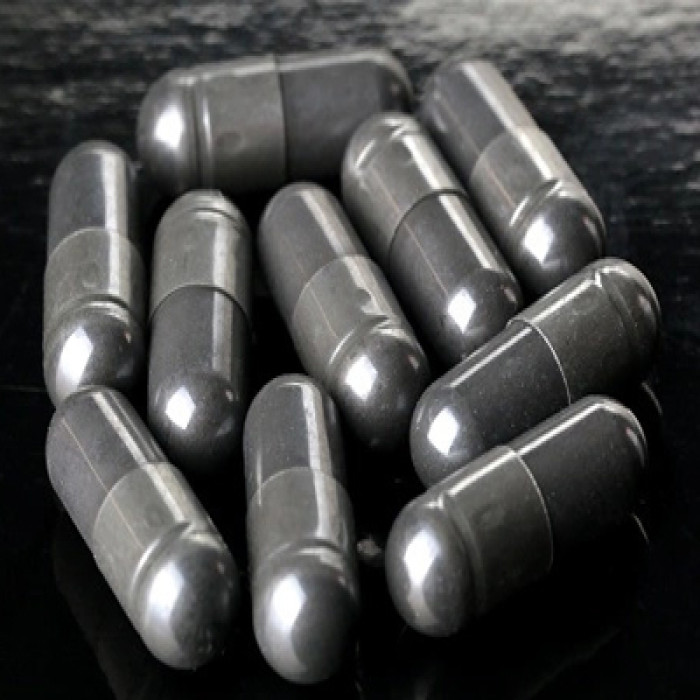
NPDPA (also known as isopropylphenidine or isophenidine) is a dissociative anesthetic that has been sold illicitly as a designer drug.
It is a synthetic compound that has been designed to produce similar effects to other dissociative anesthetics such as ketamine and phencyclidine (PCP).
NPDPA has not been approved for medical use and its safety and effectiveness have not been established.
The effects of NPDPA are not well understood, as it is a relatively new and little-studied compound. However, it is thought to produce effects similar to other dissociative anesthetics, such as ketamine and PCP. These effects may include hallucinations, altered states of consciousness, and detachment from one's surroundings.
NPDPA has been sold as a designer drug, meaning that it has been synthesized specifically to avoid being classified as a controlled substance. Designer drugs like NPDPA are often marketed as legal alternatives to illicit drugs, but they can be just as dangerous and are not subject to the same regulatory controls as prescription or over-the-counter medications.
The use of NPDPA and other designer drugs can be associated with significant health risks, including overdose, long-term psychological harm, and physical harm due to the unknown purity and potency of the substances. In addition, the use of dissociative anesthetics like NPDPA can lead to accidents or injuries due to the effects on judgment and coordination.
NPDPA is classified as a Schedule I controlled substance in the United States, meaning that it is illegal to manufacture, distribute, or possess.
It is illegal to sell or possess NPDPA in many countries.
Where can I buy NPDPA?
If you have any questions or want to buy NPDPA, you can ask us at bluecrossdrugstore.com. Please note that it is illegal to sell or possess NPDPA in many countries. But we are authorized to sale it.
It is important to be aware of the dangers associated with the use of NPDPA and other designer drugs.
If you or someone you know is struggling with substance abuse, there are resources available to help. Contact a healthcare professional or a substance abuse treatment center for more information.


